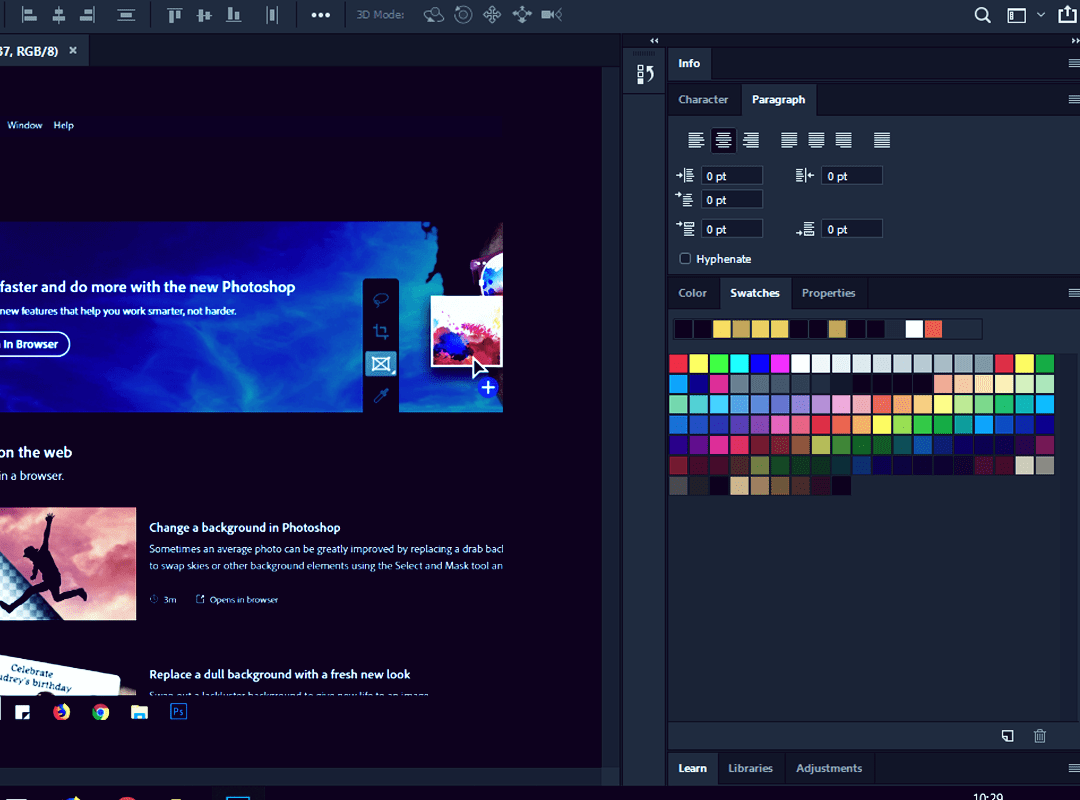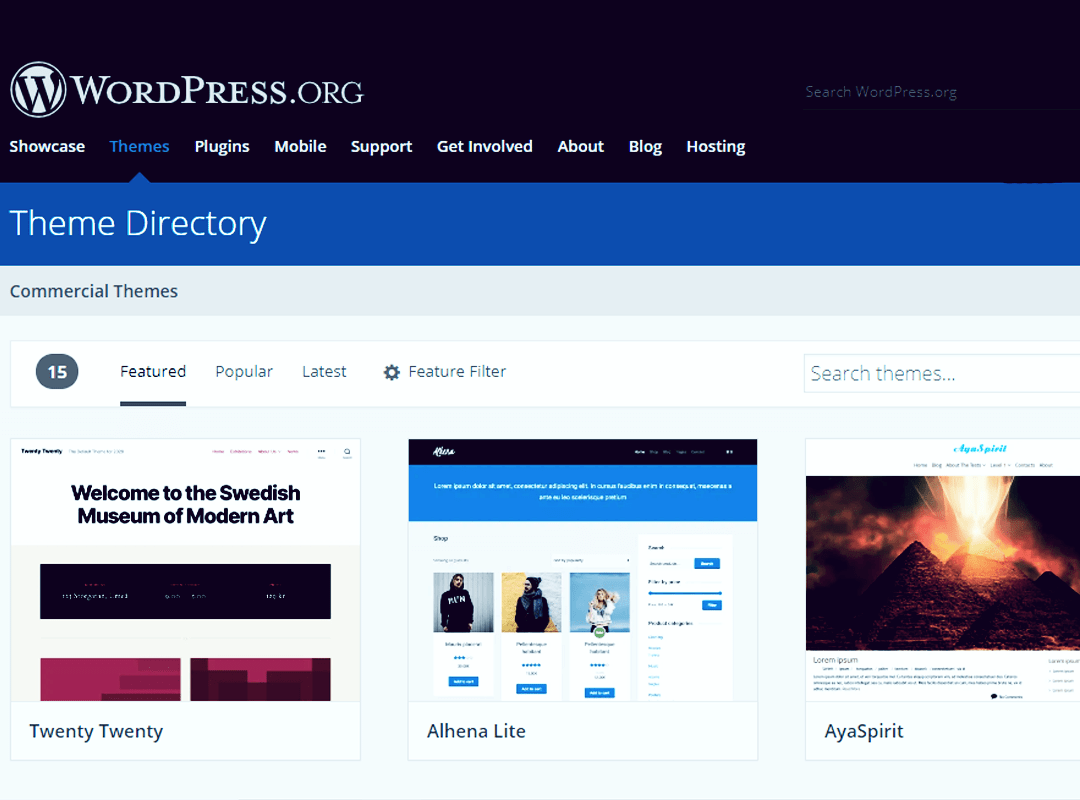Using gradients is a powerful designing technique. Gradients are widely used to provide a unique look to the designs. It is like an explosion of colors which can be used to capture the viewer’s eye. Therefore, it enhances the overall richness and quality of an image. Using gradients in professional designs involves proper techniques. This article presents tactical and useful tips for working with gradients.
The use of two or more colors forms a gradient. Blending of colors gives rise to new colors. This results in new, refreshing and unique tones for the design. Everybody uses common colors in their designs. In such a case, using gradients in professional designs can surely make your design stand out. Following are a few useful tips for designers for using gradients in professional designs:
1. Working with gradients: Build a strong base
We can mix as many colors as we want to. However, effectiveness of a gradient depends upon your choice of the base color. Opting for a strong base color is one of the most important and useful tips for designers. Therefore, refer to the color wheel for getting an idea of the various color tones. The basic rule in blending of colors to form gradients is to make use of colors, which are closer to each other.
For example, you can use shades of red like pure red, maroon, orange etc. In other words, using colors which lie in proximity to each other on the color wheel, add up to the visual appeal of the design. They give a natural and pleasing look to your design. Picking up a strong and bold base is a prerequisite for successfully working with gradients.
Also, don’t forget to check out this blog if you are a budding designer: STEP WISE DESIGNING PROCESS FOR BEGINNERS: A PRODUCTIVE APPROACH.
2. Working with gradients: Observe your surroundings to get new ideas
There is a common use of gradients around us. Observe your surroundings to get ideas. You can spot the use of gradients in sunsets, sky and water bodies. For example, sky shows a natural gradient. Similarly, sunset also involves a gradient. These are the examples of natural gradients. You can take ideas from their neatness and colors. For example, the red tones of sunset. This is an innovative and productive approach for working with gradients.
To help you more with designing, here are some ways to conceptualize ideas: 10 DESIGNING METHODOLOGIES FOR CREATIVE CONCEPTUALISATION OF IDEAS.
3. Working with gradients: Balancing is the key
There’s no restriction in the level of colors which you can blend for forming gradients. If two colors aren’t doing it, you can use more colors. Effectively blending the colors will add up the visual interest along with distinguishing your design. Refer to the color wheel for getting good additional colors while working with gradients. This can also be done on various free graphic design softwares.
However, adding more and more colors will make your design complex. Ensure a proper balance between all the elements of your gradient. This is one of the most useful tips for designers for using gradients in professional designs. A balance will enhance the aesthetics of your design. Click on the link below to know more about aesthetics and principles of design: TOP 10 DESIGN PRINCIPLES: UNDERSTAND THE DYNAMIC BEHIND DESIGN AESTHETICS.
4. Working with gradients: Source and shape the gradient
One of the most useful tips for designers is that gradients should be properly aligned with the elements of your design. Contouring to the layout and forming a proper flow is essential. Firstly, the lighter side of the gradient should be closer to the source. Secondly, the darker side should be kept away from the source. When source and shapes of your gradient are kept at balance, it generates a gorgeous gradient. Therefore, insert the source of your gradient as a focal point. This is another useful tip for using gradients in professional designs.
Above all, these points serve as the prime tips for working with gradients. Pick a strong tone according to the purpose of your design. Observe and get ideas from your surroundings. Develop a flow in your gradient. Get a basic understanding of these useful tips for designers for getting your gradient right.
For related topics, go through the 7 CAPTIVATING GRAPHIC DESIGN PORTFOLIOS THAT WILL AMAZE YOU.










